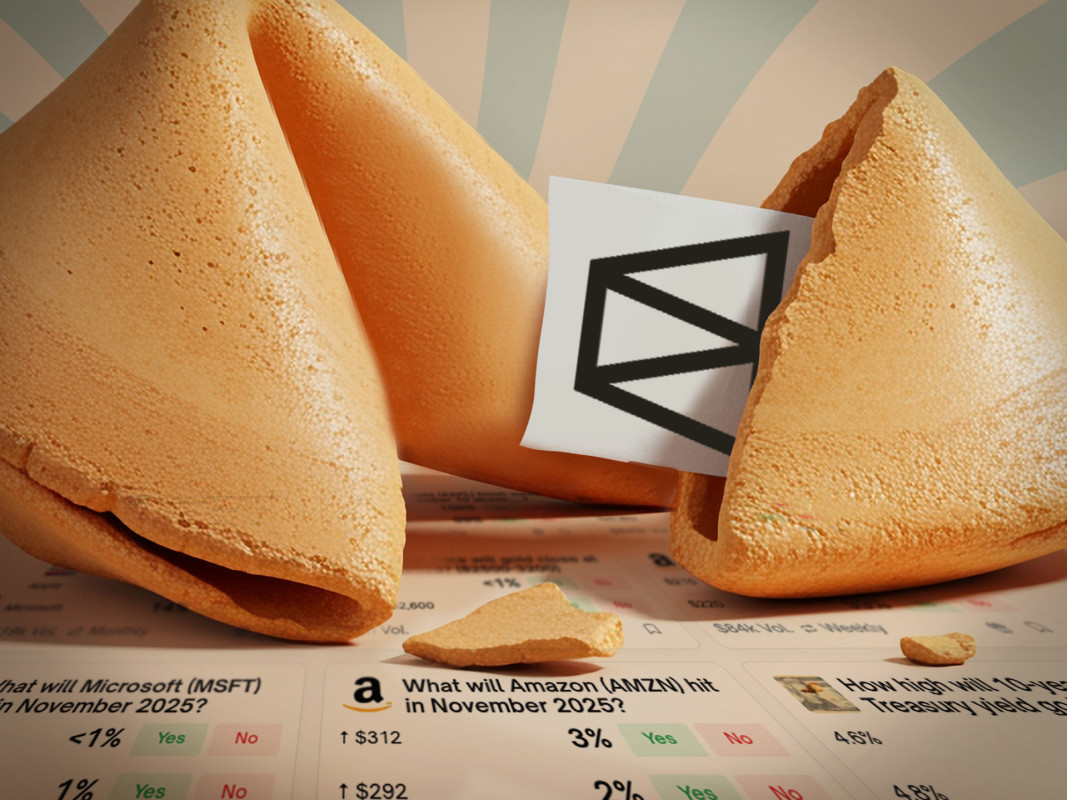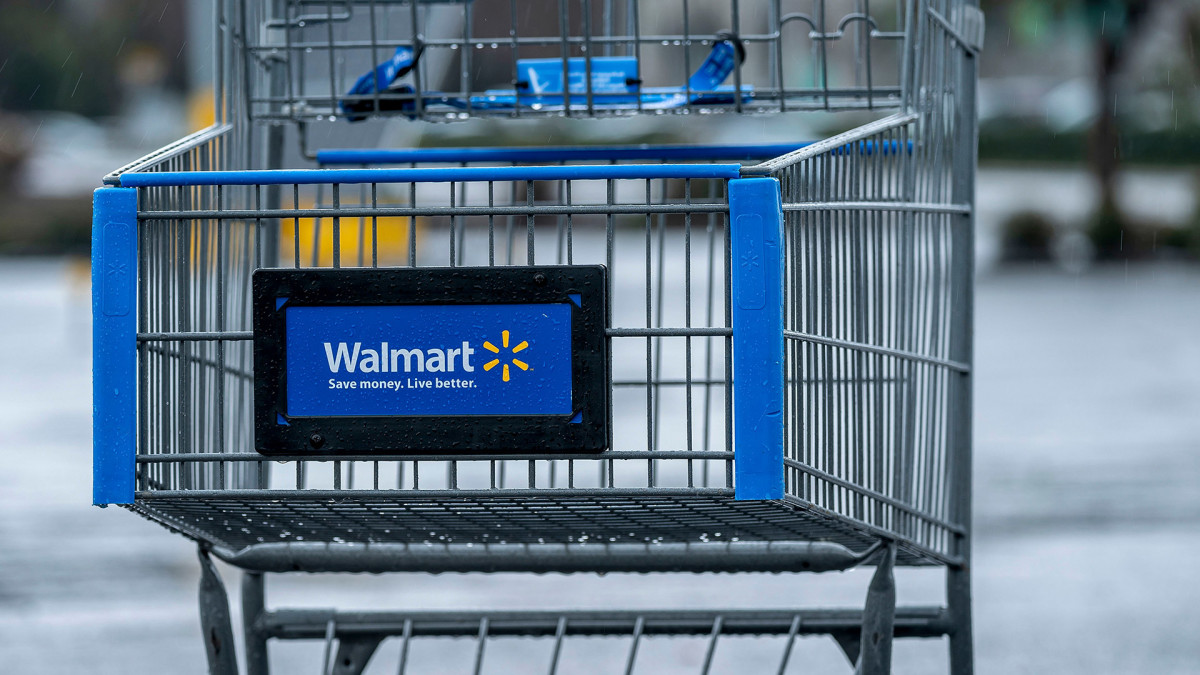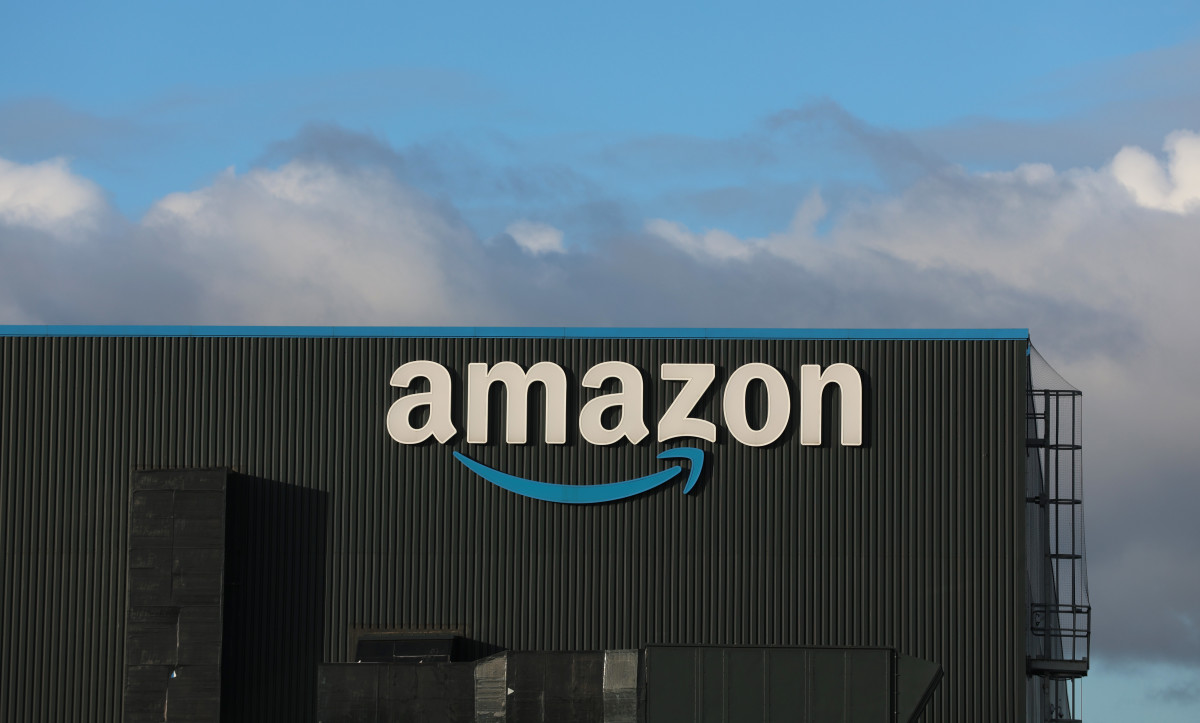Prediction markets coming on strong, analysts say
Who said you shouldn’t follow the crowd? Prediction markets have been having a good year — especially in the fourth quarter. These markets harness collective intelligence: The prices of the contracts reflect the collective belief of the participants about how likely an event is to occur. People ...

Who said you shouldn’t follow the crowd?
Prediction markets have been having a good year — especially in the fourth quarter.
These markets harness collective intelligence: The prices of the contracts reflect the collective belief of the participants about how likely an event is to occur.
People trade contracts on the outcomes of events, such as elections, economic forecasts and sports games.
Early forms of prediction markets often came in the form of political betting, such as a 1503 case where people bet on who would become the next pope — and even then it was already an old practice.
(Cardinal Francesco Piccolomini, who was elected as Pope Pius III, was the favorite with odds of 30 to 100. The bookmakers proved accurate in this instance, as Piccolomini was elected on Sept. 22, 1503.)
Prediction markets surged during the November 2024 presidential election, especially in the final days, with the odds for both Doland Trump and Kamala Harris fluctuating significantly.
More recently, prediction markets weighed in on the nation’s longest running government shutdown, which the Senate recently voted to end. (The House still has to pass this.) Thomas Fuller/SOPA Images/LightRocket via Getty Images
Polymarket is considered the world's largest prediction market,
Firm: Prediction markets growing rapidly
The odds set on Kalshi, a prediction market and exchange, that the shutdown would end this week spiked from as low as 43% last week to 92% on Nov. 10, according to Forbes.
Betting on another platform, Polymarket saw a similar spike, from a low of 16% last week to 87% Monday.
More Tech Stocks:
- As Palantir rolls on, rivals are worth a second look
- Nvidia’s next big thing could be flying cars
- Cathie Wood sells $21.4 million of surging AI stocks
Prediction markets "are growing rapidly, and accelerated dramatically since September,” Bank of America analysts said in a research note.
“PMs match buyers and sellers and collect a fee per transaction like a stock exchange, rather than calculating odds and taking a [vigorish] like a sportsbook,” the investment firm explained. Vigorish refers to a commission or interest fee.
B of A called Kalshi the dominant U.S. exchange today, estimating the total volume of contracts traded reached $7.3 billion in the past eight weeks. That's more than double the $2.7 billion in the entire first half of 2025.
Factors including hype following the US presidential election and a laissez-faire regulatory approach by the Trump administration helped prediction markets grow rapidly, B of A suggested.
“We estimate that PMs today are about 3% to 8% of the legal online US sports-betting market but have a massive addressable market, where volume (even if not directly comparable to online-sports-betting handle) could exceed $1 trillion, just for sports,” B of A said.
Advantages of prediction markets over online betting
PMs offer several major advantages to existing online betting such as immediate national scale with access to key states like California and Texas, as well as no state gambling taxes and no market-access requirements or fees.
They do face challenges, though, including requiring liquidity to be an active market, lower promotions, less product and market depth, and regulatory uncertainty, B of A said.
Related: Gambling Apps DraftKings and FanDuel Are In Trouble As Prediction Markets Make Bold Move Into Sports
“Prediction markets burst onto the American marketplace in the fall of 2024, and their popularity has only grown since,” KPMG said in a recent report.
“While these markets have existed in the U.S. for decades, their use expanded rapidly last year after Kalshi began offering contracts based on the outcome of political events.”
Critics warn of exploitation
The Commodity Futures Trading Commission under the Biden administration sought to prohibit such contracts, arguing that they were akin to gambling and contrary to the public interest, the consultancy wrote.
Kalshi successfully sued the CFTC, and since that victory “prediction markets have expanded to offer event contracts based on crypto, climate, economics, financials, companies, and — most controversially — sports,” KPMG said.
Related: AI is enlisted in battle against workplace violence
Entrenched incumbents, including gambling associations, tribal nations and the states, have filed lawsuits and cease-and-desist letters to protect what was traditionally their domain, according to the firm.
“In recent months, event contracts have blurred the line between financial trading and gambling,” KPMG said. “This in turn has led firms to identify new opportunities for the traditional gaming industry, most notably sportsbooks and fantasy-sports platforms.”
Critics claim that political-based contracts can distort elections and sports- based contracts may be exploited to circumvent state- level gambling provisions and effectively make sports betting legal in all 50 states, the firm said. In addition, critics say they open markets to younger bettors, the firm said.
The lawyers weigh in on prediction markets
B of A noted that prediction markets are facing substantial litigation, with key cases pending in New Jersey, Maryland, Nevada, Massachusetts and elsewhere.
So far, Kalshi has won several key rulings to keep operating, while the key legal issues — mostly federal vs. states rights' questions regarding the ability to regulate — move through the US appellate system and seem destined for the US Supreme Court.
“While narrow state-level intervention is possible, full resolution by the Supreme Court could take until mid- or late-2027 or even longer,” B of A said.
Legal points aside and left unchecked, the firm said, prediction markets might bring about a broader financialization of betting as just another product alongside equities, options and crypto.
“The landscape is extremely fluid, lacks full regulatory clarity and could be reined in, but the current environment allows for rapid expansion and innovation in the near-term, and potential convergence of the betting and financial industries in the long term,” B of A said.
Related: Celebrity CEOs spark attention and controversy
What's Your Reaction?




















































